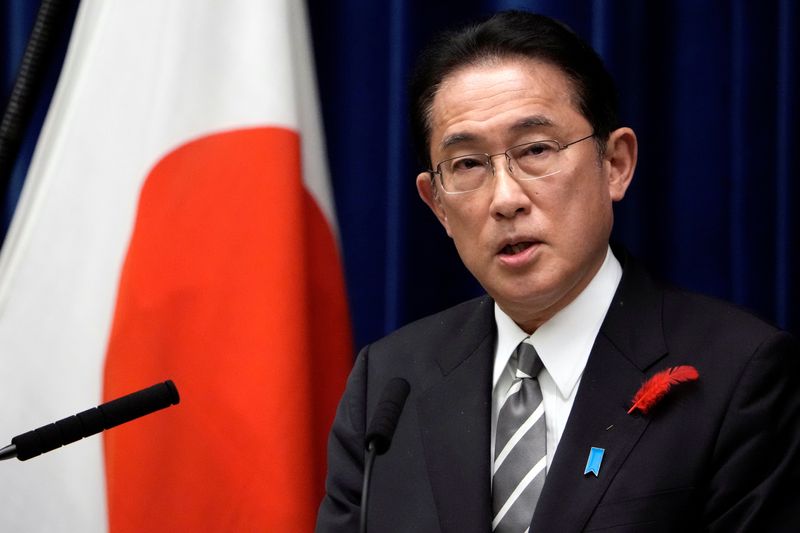New Roles of Government and Bank of Japan
2023.01.08 02:11

New Roles of Government and Bank of Japan
Budrigannews.com – After naming a new Bank of Japan (BOJ) governor in April, Japanese Prime Minister Fumio Kishida said on Sunday that his government and the central bank must discuss how to guide economic policy.
The remark raises the possibility that the government will revise its ten-year plan with the central bank to fight deflation, laying the groundwork for a break from the BOJ’s ultra-loose monetary policy.
When asked who he would choose to be BOJ governor after Haruhiko Kuroda’s term ends in April, Kishida stated that it would be someone “best suited for the job.”
In a program on the public broadcaster NHK, Kishida stated, “The government and the BOJ must work closely together, but also each play its own role” in achieving price stability and higher wage growth.
Kishida, who has the authority to select the head of the central bank, stated, “Under the new BOJ governor, we must discuss the relationship between the government and the BOJ.”
In an attempt to correct market distortions brought on by its policy, the BOJ shocked markets last month by widening the band surrounding its 10-year bond yield target. Investors interpreted this as a sign of a forthcoming rate increase.
There is a lot of speculation in the markets that the BOJ may modify its yield control policy under a new governor to further phase out Kuroda’s massive stimulus.
“When determining monetary policy, policymakers must have an understanding of the economic outlook. When asked if the BOJ needed to modify its ultra-loose policy, Kishida stated, “there needs to be careful communication and dialogue with markets.”
In recent months, rising costs of importing raw materials have pushed inflation well above the BOJ’s target of 2%, achieving what Kuroda’s decade-long stimulus efforts had failed to do.
According to Kuroda’s view, the BOJ must continue to support the economy until the current cost-push inflation is replaced by demand-driven inflation accompanied by higher wages.
However, his remarks have not subdued market expectations of a near-term adjustment to the BOJ’s ultra-loose policy, which is blamed by critics for crushing bank margins, skewed bond market pricing, and fueling a yen plunge that pushed up import costs. His remarks have also failed to tame these expectations.
Kenta Izumi, the leader of the main opposition party, the Constitutional Democratic Party of Japan, stated on Sunday that “The BOJ must revise its extraordinary monetary easing,” which has resulted in a sharp fall in the yen, causing financial hardship for individuals and businesses.
He stated to the NHK program, “The BOJ needs to make its policy more flexible with an eye on an eventual normalisation of monetary policy while communicating closely with markets.”
In November, core consumer prices increased by 3.7% compared to a year earlier. In the coming months, analysts anticipate inflation to remain above the 2% target as businesses continue to pass on higher costs to households. With a nominal pay increase of just 0.5 percent in November compared to the previous year, wage increases have lagged far behind inflation.
Sources have told Reuters that the BOJ will probably raise its inflation forecasts at a rate review this month. This shows that the BOJ is convinced that strong domestic demand will keep inflation at or near its target of 2% for years to come.
More China’s foreign exchange reserves have grown to 3 128 trillion








